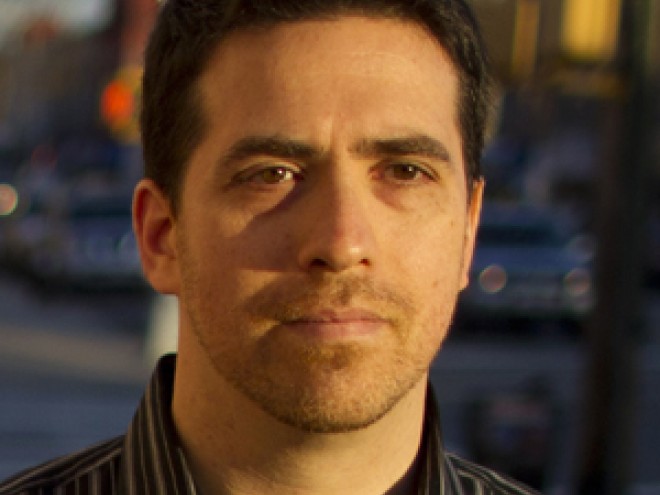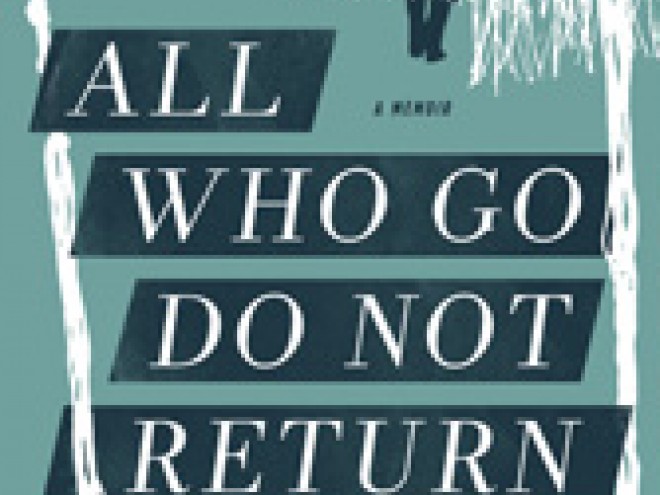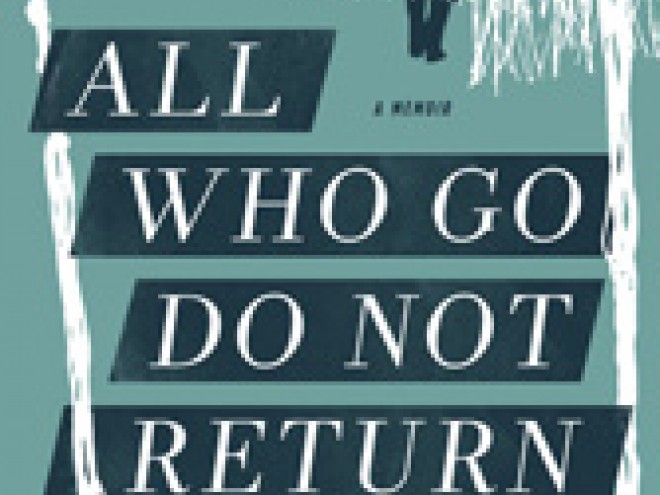Shulem Deen’s memoir, All Who Go Do Not Return, succeeds in explaining one man’s harrowing battle against faith. Deen is the creator of Unpious, an online journal for “voices on the Hasidic fringe.” His narrative flows beautifully on the page, especially considering that he grew up in a Yiddish-speaking household. In telling his tale, Deen understands the importance of playing devil’s advocate and thinking carefully about what others believe during tense moments. His handbook on a Hasid’s struggles contains one surprise after another. Only someone who has been expelled from a community could recount so vividly and viscerally what sort of pain comes with this type of substantial loss, and Deen loses more than you might think. His memoir keeps the reader glued to the page from beginning to end – and by providing thorough, concise explanations of concepts readers may find foreign, he makes it unnecessary to have Wikipedia nearby. All Who Go Do Not Return is intended not only for Jewish readers, but for all who want to see the world through Deen’s clear eyes. He is a curious individual who finds everything intriguing. Parents should read this text. Those who long to be accepted, who have felt lost, should pick up this book. This is a book for the nomad, the explorer, the insatiable.

Nonfiction
All Who Go Do Not Return: A Memoir
By
– February 27, 2015
Mike Sloan attended Keene State College in Keene, NH. While there, he studied English and writing. For the year following his graduation he worked as an educator for AmeriCorps in Boston, MA. These days Mike lives in Los Angeles, CA and aspires to be a writer in the entertainment industry.
Discussion Questions
Courtesy of Graywolf Press
- Shulem Deen is labeled a “heretic” by his community. Do you feel this label was justified, given the governing rules of the Skverers?
- What most surprised you about the Hasidic community’s beliefs, customs, and culture?
- How do you think Shulem’s wife’s version of the story might differ from his?
- Do you think that the way that the narrative moves back and forth in time is effective?
- Shulem’s various experiences as a student and a teacher are an essential part of his story. Do you think his rigid early education affected his thirst for knowledge as a young adult?
- Do you think Deen’s experiences illuminate something about fundamentalist religions in general?
- How did you feel about Shulem Deen’s admissions of his own questionable actions, such as using corporal punishment as a schoolteacher, or engaging in fraudulent practices to receive government payment?
- Deen’s choice to leave the Hasidic community had a significant impact on his relationship with his children. How did you feel about those choices?
- What does Shulem’s story tell you about our society’s tolerance for extremist communities who live among us?
- Deen describes a world in which young people are led into arranged marriages, with no education about sex or birth control. Similarly, he describes a world in which boys spend their youth studying Torah and Talmud, and receive very little secular instruction. Do you think our society has an obligation to help prevent young people from the negative consequences of such practices?
- Do you think insular religious communities such as the one Deen describes offers something of value that isn’t commonly found in the modern world?

Jewish literature inspires, enriches, and educates the community.
Help support the Jewish Book Council.



